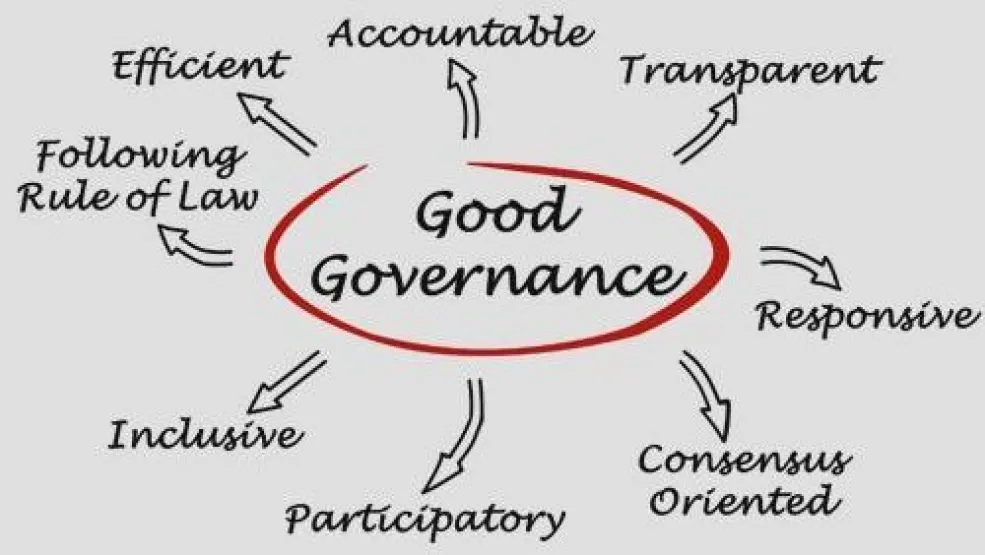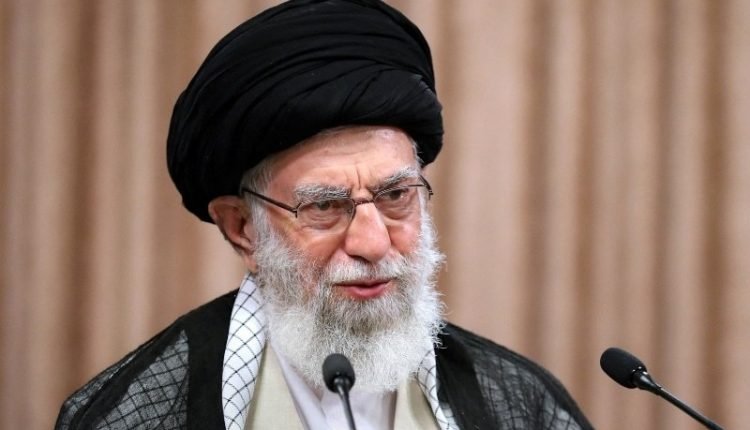Pakistan, a nation of over 240 million people, is facing a critical juncture. The question now looms over its policymakers: what have their actions and decisions truly achieved? Have the disruptions and upheavals over the past few years resulted in meaningful progress for the country, or has the political instability that has gripped the nation only led to more damage? While the government has implemented drastic measures that have shaken the foundations of the Pakistani state, it is increasingly difficult to argue that these actions have brought about any positive or long-term outcomes.
The political turmoil that has defined Pakistan’s recent years has created far-reaching consequences, not just in terms of domestic governance but also for the nation’s international standing and economic prospects. The latest developments in Pakistan’s governance—such as amendments to the Pakistan Electronic Crimes Act (PECA), the disruption of the digital economy, and the current crisis in the judiciary—serve as stark reminders of how much damage has been done. Despite the promises of improvement, the situation seems to be worsening, with no clear signs of a reversal of the ongoing decline. It raises a vital concern: how long will it take before Pakistan’s leadership begins to correct its course?
For the past three years, Pakistan has been trapped in a cycle of political upheaval and instability. During this time, the political elite has been primarily focused on regaining control, often at the expense of the broader population. The cost of this instability has been high, with citizens paying the price for decisions made by those in power. These costs, ranging from economic decline to restrictions on freedoms, are yet to be fully accounted for, but the negative impact is undeniable.
One of the most concerning aspects of the current situation is the country’s economic condition. In particular, the reliance on exports—primarily textiles—as a lifeline for the Pakistani economy has made the nation especially vulnerable to international trade dynamics. For Pakistan, the European Union’s Generalised Scheme of Preferences (GSP-Plus) status has been a critical component of its export strategy, providing preferential access to the EU market through tariff exemptions and reductions. Since 2014, Pakistan has benefited from this preferential treatment, which has allowed its textile industry to thrive and remain competitive. However, in exchange for these benefits, Pakistan made several commitments, including upholding human and labor rights and improving governance standards.
Given Pakistan’s fragile economic state and its heavy dependence on exports, one would expect that the government would prioritize maintaining and strengthening trade agreements like the GSP-Plus. Yet, recent developments indicate that the opposite is happening. Rather than reinforcing its commitment to the standards required to retain GSP-Plus, Pakistan’s leadership has taken steps that jeopardize this valuable status.
The European Union’s Special Representative for Human Rights, Olof Skoog, recently visited Pakistan and expressed significant concerns over the country’s governance trajectory. Skoog’s visit came amidst new amendments to Pakistan’s PECA law, which rights activists argue will only further limit the already restricted freedom of expression in the country. These amendments, which were introduced without sufficient consultation with the public or stakeholders, have raised alarm bells not only among Pakistani citizens but also among international observers.
In his meetings with Pakistani leaders, Skoog issued a stark warning about the potential loss of Pakistan’s GSP-Plus status. The EU envoy made it clear that Pakistan could not take its preferential trade access for granted, particularly if it continued down a path of weakening human rights and democratic freedoms. The government had previously blamed opposition parties for seeking the revocation of Pakistan’s GSP-Plus status, but now, it seems that the ruling authorities are directly responsible for putting this critical trade benefit at risk.
One of the most pressing concerns raised by the international community regarding Pakistan’s recent policies is the amendment to the PECA law. The law, which was originally enacted to combat cybercrime, has now been used by the government to further suppress dissent and limit freedom of speech. Human rights advocates argue that these amendments not only infringe upon the fundamental rights of Pakistani citizens but also violate the very commitments the country made in order to secure its GSP-Plus status. The introduction of these amendments underscores a troubling pattern of authoritarianism, where the government seeks to curtail civil liberties in an effort to consolidate power.
For Pakistan, this is not just a matter of internal governance; it has international implications. The European Union, as a major trade partner, is concerned about these developments and has made its position clear. Mr. Skoog’s visit was a reminder to Pakistani policymakers that their actions are being closely scrutinized, and any further erosion of human rights could result in severe economic consequences. With Pakistan’s economy already struggling, the loss of GSP-Plus status would only exacerbate the country’s financial difficulties, leading to higher tariffs on exports and making Pakistan’s products less competitive in global markets.
Pl watch the video and subscribe to the YouTube channel of republicpolicy.com for quality podcasts:
Beyond the economic repercussions of these political decisions, the broader implications of Pakistan’s governance failures cannot be ignored. The country is witnessing a deepening crisis in its judiciary, with increasing concerns about the independence of the legal system. The judicial system’s credibility has been severely undermined, which, in turn, erodes public trust in the government’s ability to enact meaningful reform. These issues, compounded by political instability, create a volatile environment in which the rule of law is increasingly threatened.
Pakistan’s political leadership must acknowledge the consequences of its actions. The policies implemented over the past few years, especially those that have disrupted the digital economy and weakened key democratic institutions, have only contributed to the country’s growing instability. As the situation continues to deteriorate, the government must reflect on whether these drastic measures have led to any tangible benefits for the people of Pakistan or if they have only intensified the hardships faced by the average citizen.
As Pakistan navigates through this challenging period, it faces a critical moment in its history. The country’s leadership must reassess its approach and ask whether the actions taken over the past few years have truly served the best interests of the people. The erosion of freedoms, the weakening of key institutions, and the increasing strain on international relations all point to a governance model that is not delivering the expected outcomes.
Pakistan’s rulers must understand that the road ahead is fraught with challenges, and the decisions made today will have lasting consequences for the country’s future. A shift in course is necessary, one that prioritizes the protection of human rights, the strengthening of democratic institutions, and the restoration of the rule of law. Failure to do so could result in further isolation, economic decline, and a continued erosion of the social fabric that binds the nation together.
The time to act is now. Pakistan’s policymakers must listen to the concerns of the international community and take meaningful steps to address the internal issues that threaten to unravel the country’s progress. The GSP-Plus status is a critical reminder of the stakes involved, but it is only one part of the larger picture. The future of Pakistan hinges on the ability of its leadership to act in the best interests of its citizens and to restore the trust that has been lost over the past few years.
















